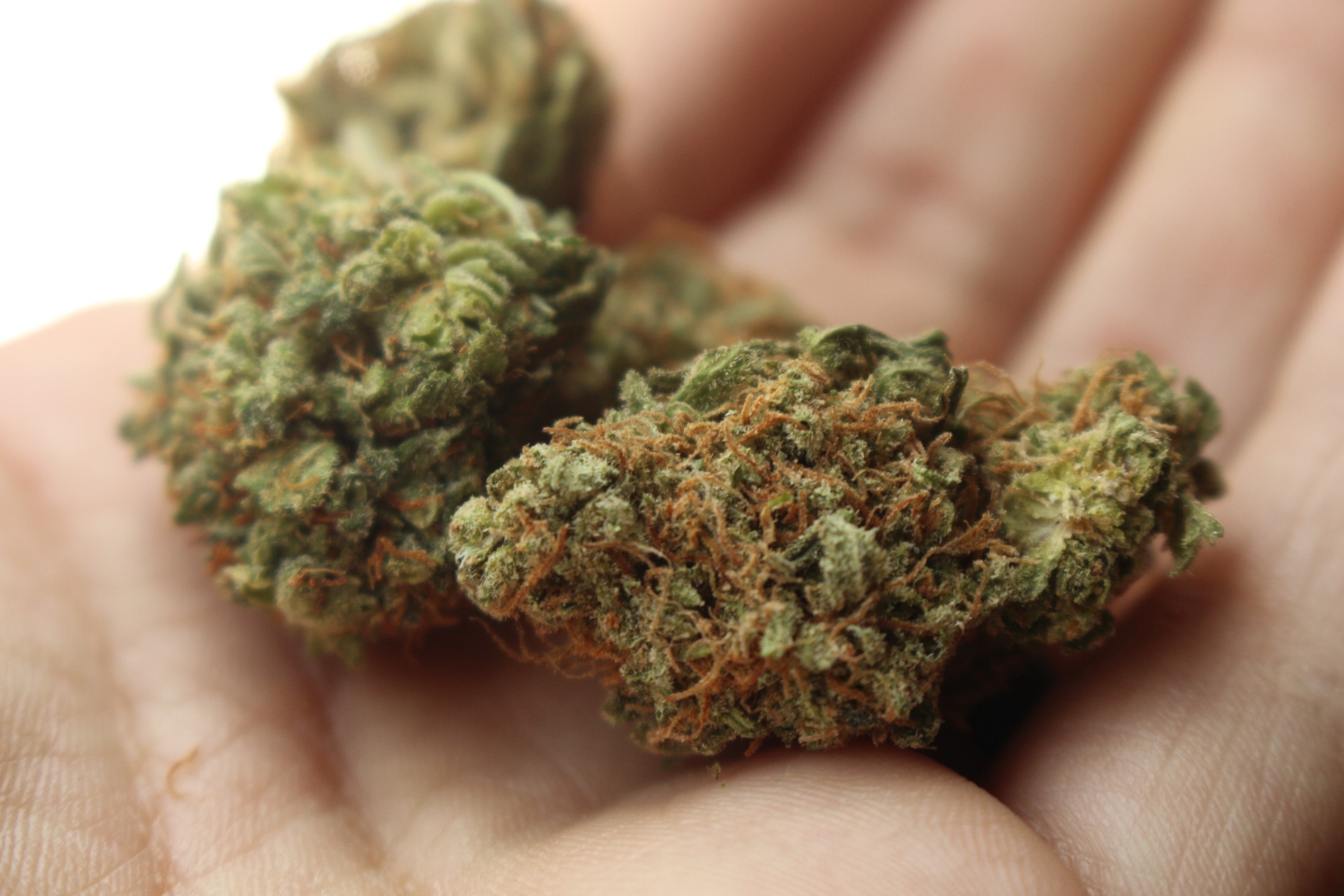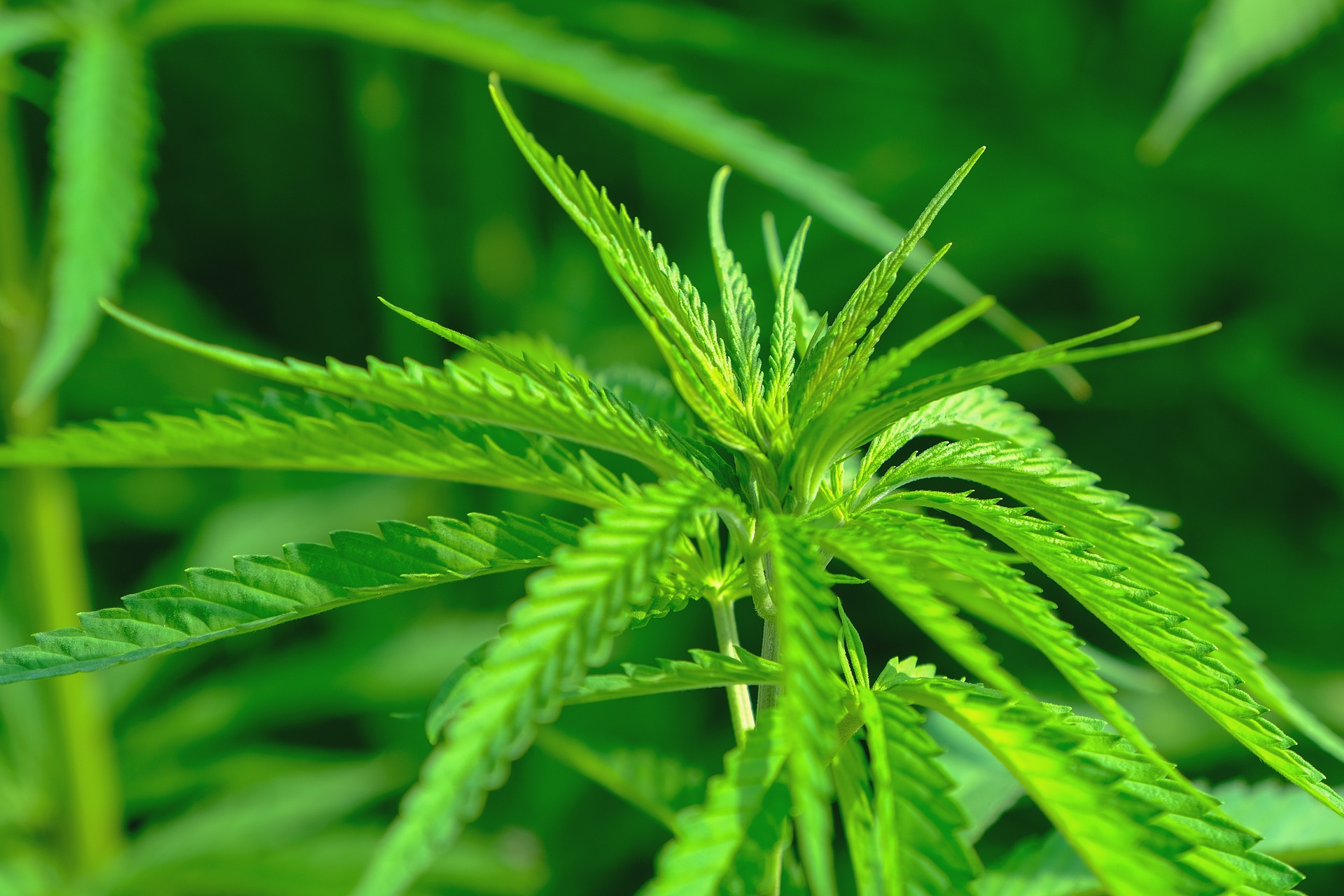Minnesota Cannabis Market
The cannabis consultants at Point Seven Group are experts in the Minnesota cannabis market. We have successfully helped our clients obtain cannabis licenses, design dispensaries, build identifiable cannabis brands, and operate compliant cannabis businesses. Our team of cannabis experts can help you reach your business goals in the Minnesota cannabis market!
WHAT IS MINNESOTA'S CURRENT CANNABIS MARKET STATUS?
Cannabis is now legal for adults 21 and older to use and possess in Minnesota, making it the 23rd state in the country to legalize cannabis for recreational use.
RECREATIONAL CANNABIS IN MINNESOTA
Although recreational cannabis use has been decriminalized since 1976, adult-use cannabis was only recently legalized in Minnesota.
May 30, 2023, witnessed the enactment of a significant development in Minnesota as Governor Tim Walz endorsed a bill that sanctioned the recreational use of marijuana. This marked a pivotal moment, as Minnesota became the 23rd state to take this step. Under the new legislation, individuals aged 21 and above are granted the right to both possess and utilize marijuana. The legal framework also entails the expungement of minor convictions related to marijuana and the establishment of a comprehensive framework for its commercial distribution.
The turning point arrived on August 1, 2023, as individuals aged 21 and older officially gained the privilege to possess and partake in the consumption of cannabis. While the establishment of dispensaries is pending until an operational licensing system is set up, a prospective timeline predicts this to be in place by early 2025. An interesting provision in the law allows tribal governments, including the 11 Native American tribal nations in Minnesota, to autonomously operate their own dispensaries. In line with this, the Red Lake Nation inaugurated the inaugural recreational marijuana dispensary, named NativeCare, on August 1st. This pioneering dispensary facilitates cannabis access for individuals aged 21 and above.
MEDICAL MARIJUANA IN MINNESOTA
Medical cannabis legislation was signed into law in Minnesota on May 29, 2014 and the first dispensary opened a little more than a year later, on July 1, 2015. There are around 40,000 patients in the Minnesota Medical Cannabis Program.
The Minnesota Medical Marijuana Act allows patients with qualifying conditions to register for medical cannabis with conditions such as cancer, severe epilepsy, HIV/AIDS, glaucoma, Tourette’s syndrome, ALS, and Crohn’s Disease. Though the state has legalized the use of medical cannabis flower and expanded the list of qualifying conditions since the law’s initial rollout, Minnesota’s medical cannabis program is still considered to be one of the most restrictive in the country.
OUR SERVICES IN THE MINNESOTA CANNABIS MARKET
MEDICAL MARIJUANA MARKET PROJECTIONS IN MINNESOTA
MINNESOTA CANNABIS NEWS
Minnesota Cannabis Business Development
June 17, 2023How to Win a Cannabis Business License in Minnesota
June 17, 2023How to Win a Minnesota Cannabis Cultivator License
September 17, 2023How to Win a Minnesota Recreational Cannabis Dispensary License
August 27, 2023A Guide to Minnesota Cannabis Laws
June 16, 2023Minnesota Cannabis Business License Types
June 16, 2023MINNESOTA CANNABIS LAWS

A series of medical cannabis laws establish and protect Minnesota’s medical cannabis system, as well as outline which patients are allowed to participate. These cannabis laws dictate the role of Minnesota’s Department of Health in regulating the medical cannabis program and overseeing the state’s cannabis business licensing process – but this role may change with the passing of recreational cannabis legalization.
In the Governor’s Biennial Budget, he recommends funding for the safe and responsible legalization of cannabis for adults in Minnesota. The budget outlines a new Cannabis Management Office that will be responsible for the implementation of a regulatory framework for adult-use cannabis, along with the medical cannabis program, and a program to regulate hemp and hemp-derived products. This recommendation also includes funding for grants to assist individuals entering the legal cannabis market, provides for expungement of non-violent offenses involving cannabis, and implements taxes on adult-use cannabis.
Expect to see additional updates coming to Minnesota’s cannabis laws in the coming months!
MINNESOTA HEMP LAWS
The 2014 Farm Bill contained a provision to allow state departments of agriculture to administer pilot programs to study the growth, cultivation, and marketing of hemp. In 2015, the Minnesota Industrial Hemp Development Act (IHDA), Minnesota Statutes Chapter 18K, became law. This allowed the MDA to create a hemp pilot program. The Minnesota pilot program operated in 2016 through 2020.
The 2018 Farm Bill officially legalized hemp cultivation for commercial purposes and removed it from the Controlled Substances Act. On January 19, 2021, the U.S. Department of Agriculture (USDA) released the Final Rule (7 CFR part 990), which forms the regulatory framework for all hemp cultivation nationwide. Each state and tribal authority has to submit a plan for approval to USDA if they want to continue to regulate hemp at the state/tribal level. The Minnesota State Plan was approved on May 6, 2021. Visit the USDA website to view the entirety of the Minnesota hemp plan.


